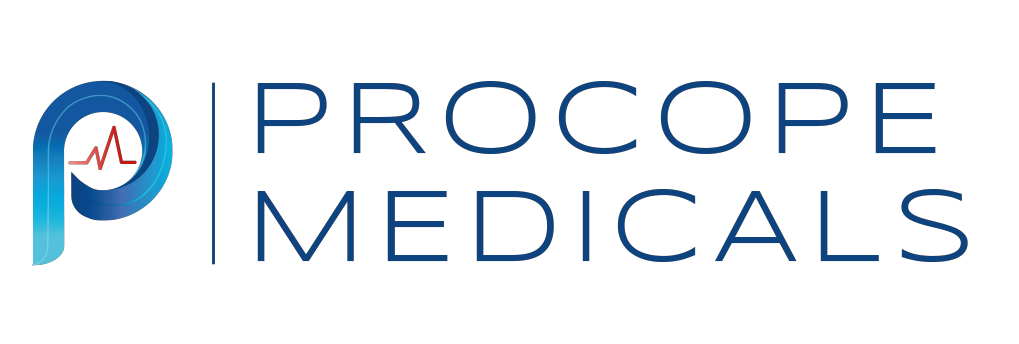Severe heart failure
Heart failure : the shortage of heart transplants
1st cause of death worldwide
Heart failure has a major impact on individuals and healthcare systems alike. It affects 2% of the world’s adult population.
60 Million
people worldwide suffer from heart failure
1 of 5
lifetime risk of developing heart failure
Cardiovascular disease is the leading cause of death among women worldwide
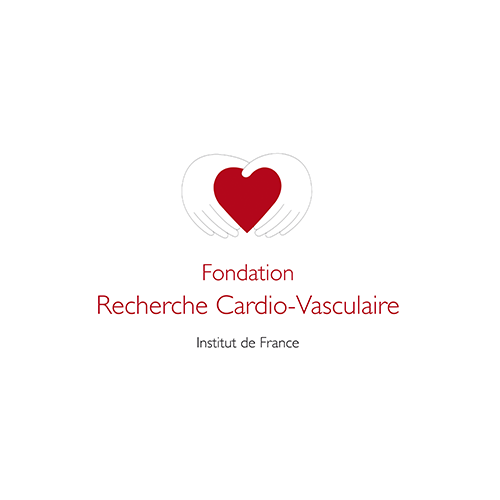
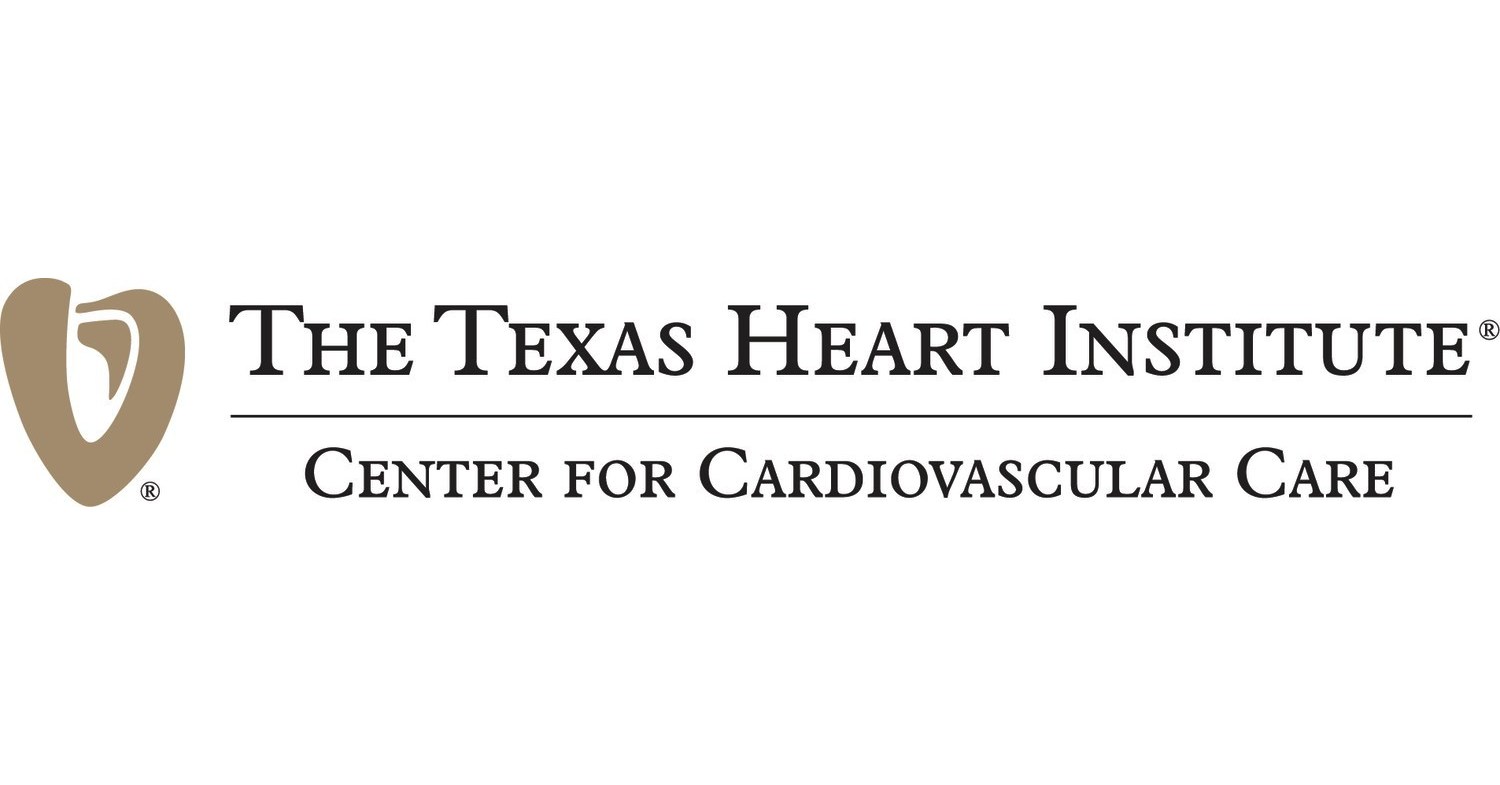
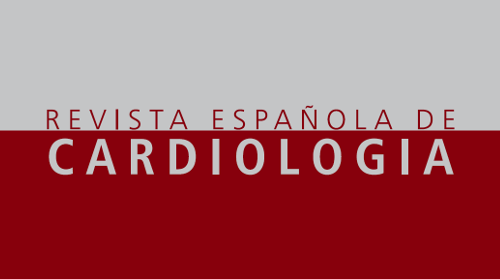

Understanding heart failure
What's heart failure ?
A progressive disease
The heart muscle functions like a hollow pump that fills and contracts, propelling blood through the circulation to ensure oxygen supply to the organs. In heart failure, the heart is no longer able to perform this function effectively, leading to the onset of symptoms. It is a chronic disease characterized by phases of worsening.”
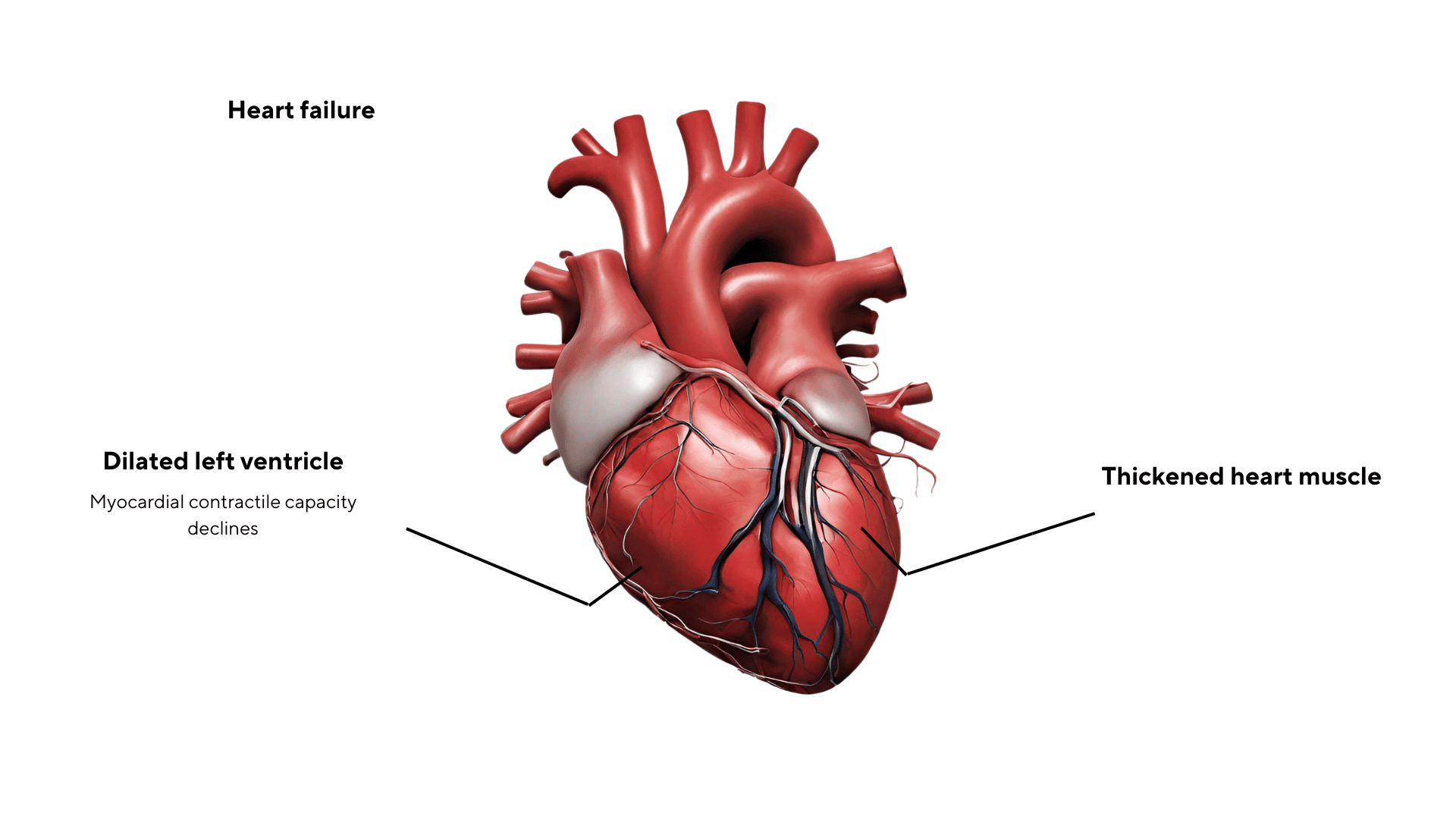
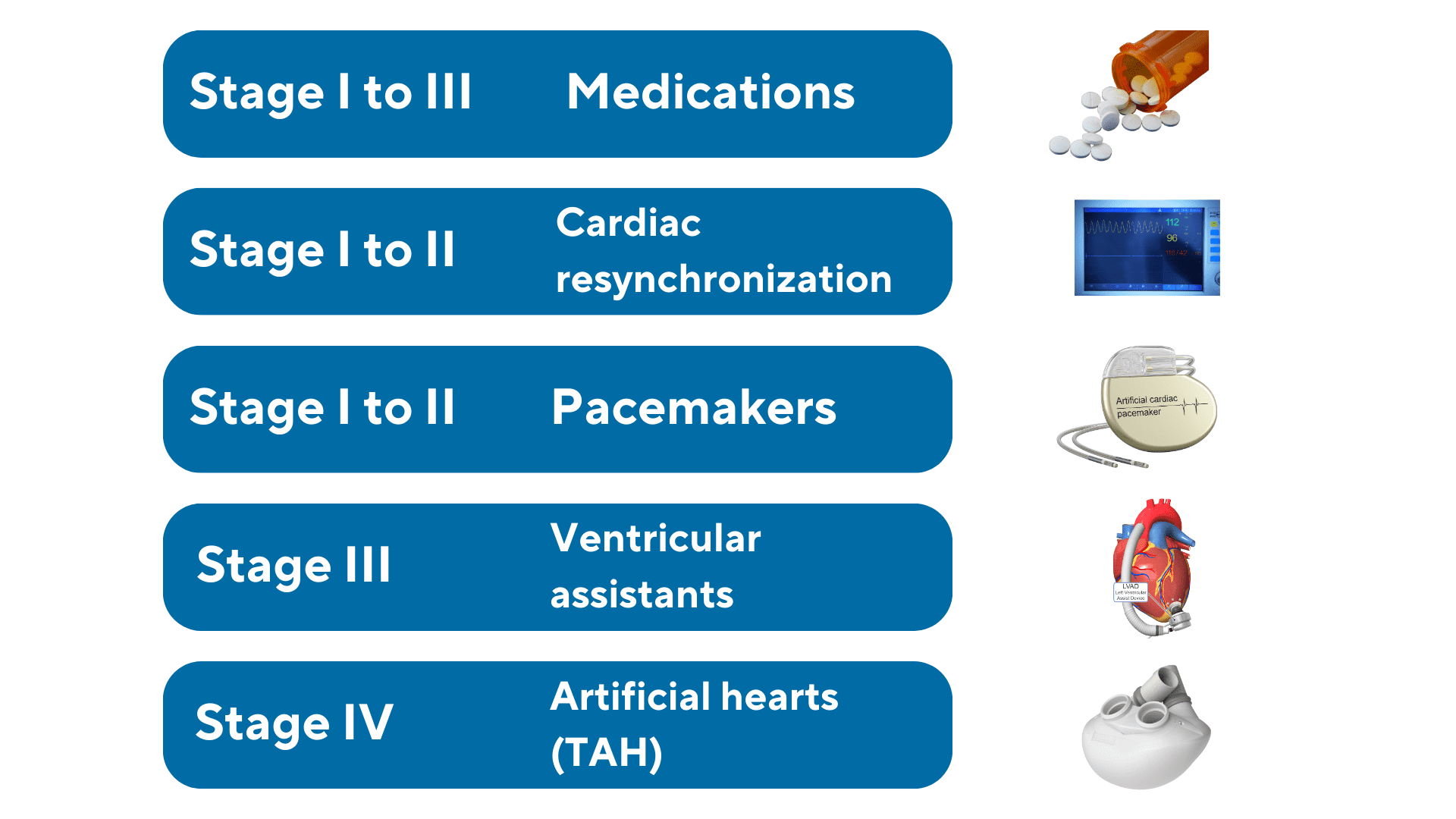
Progressives stadiums
of the disease
Depending on the stage and severity of heart failure, patients benefit from a range of treatment options, from drugs to transplantation or artificial heart.
Therapeutic management
In the case of end-stage heart failure, the final alternative is to replace the failing heart with a total artificial heart. Implantation is performed surgically in the same way as a heart transplant. However, current solutions are not sufficient to overcome the shortage of heart transplants.
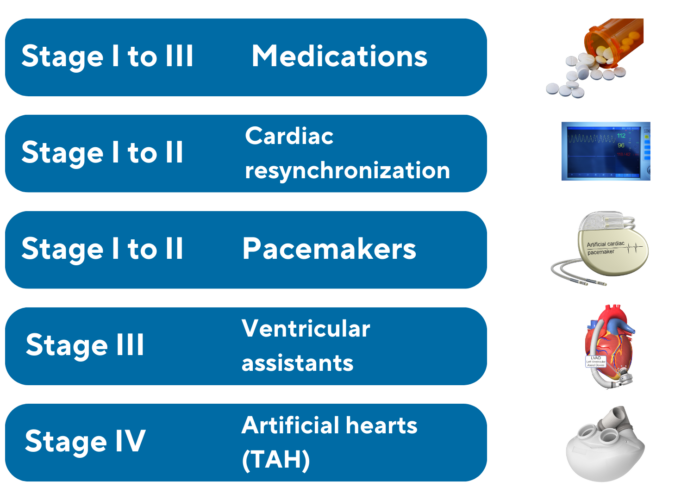
How our artificial heart differs ?
A severe shortage of heart transplants
Acute heart failure is on the increase worldwide.
Access to heart transplantation is severely limited by this shortage.
A growing need
With only 3% of affected patients able to receive a compatible heart, the organ shortage is creating an alarming situation. Waiting lists are getting longer, and available organs are becoming rarer - the main challenges facing transplantation.
The global challenge
After decades of research into artificial hearts, there is still no treatment enabling patients to live permanently with a prosthetic heart.
The search for alternatives
A technological alternative to heart transplantation is urgently needed. New-generation artificial hearts are currently being developed, offering major benefits for improving patients' quality of life.
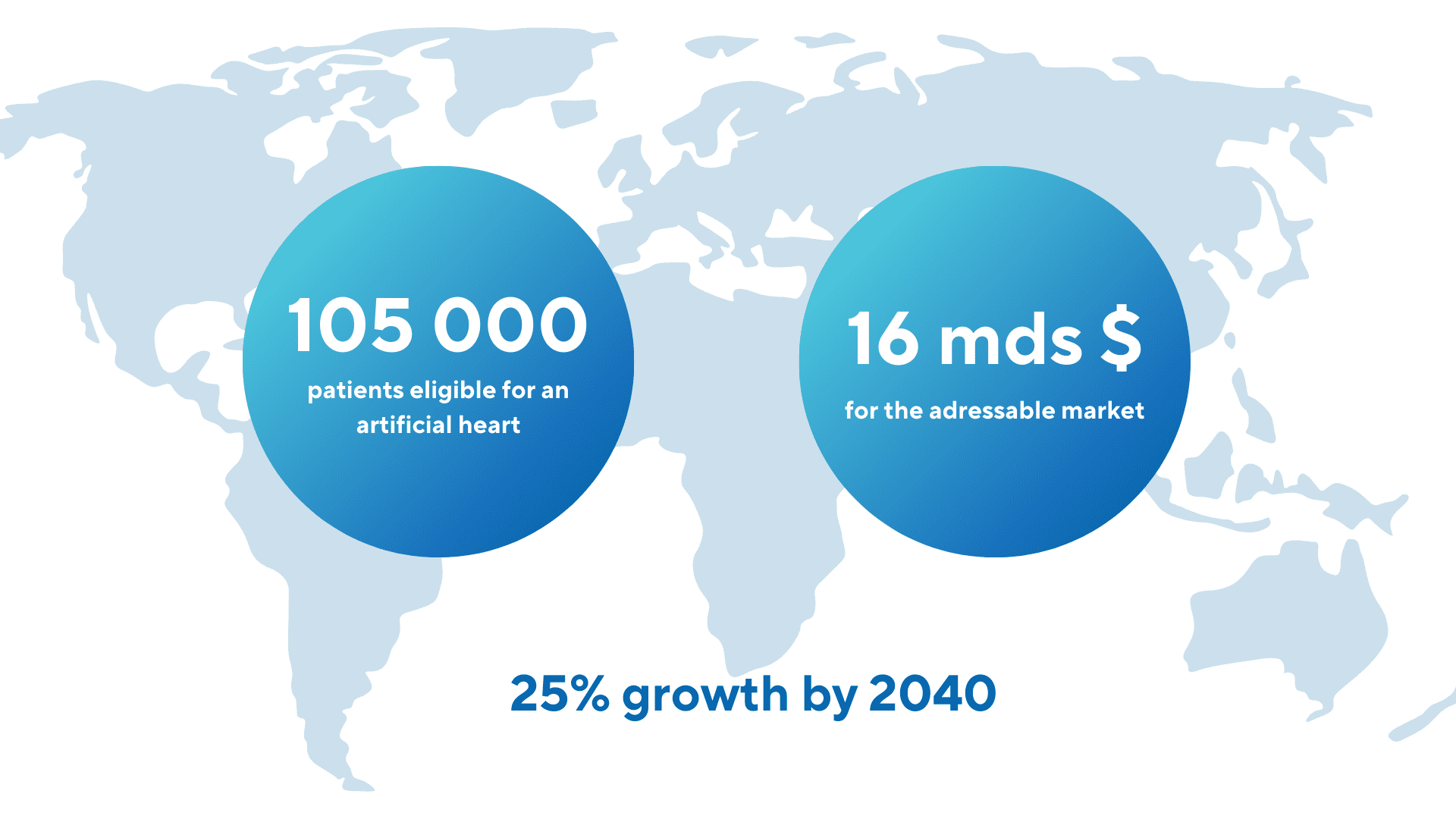
The artificial heart market
105,000 patients in Europe and the United States are eligible for an artificial heart, representing an addressable market worth $16 billion. Today, only one artificial heart is officially on the world market, and that is Syncardia. By 2040, the market is set to grow by 25%.
